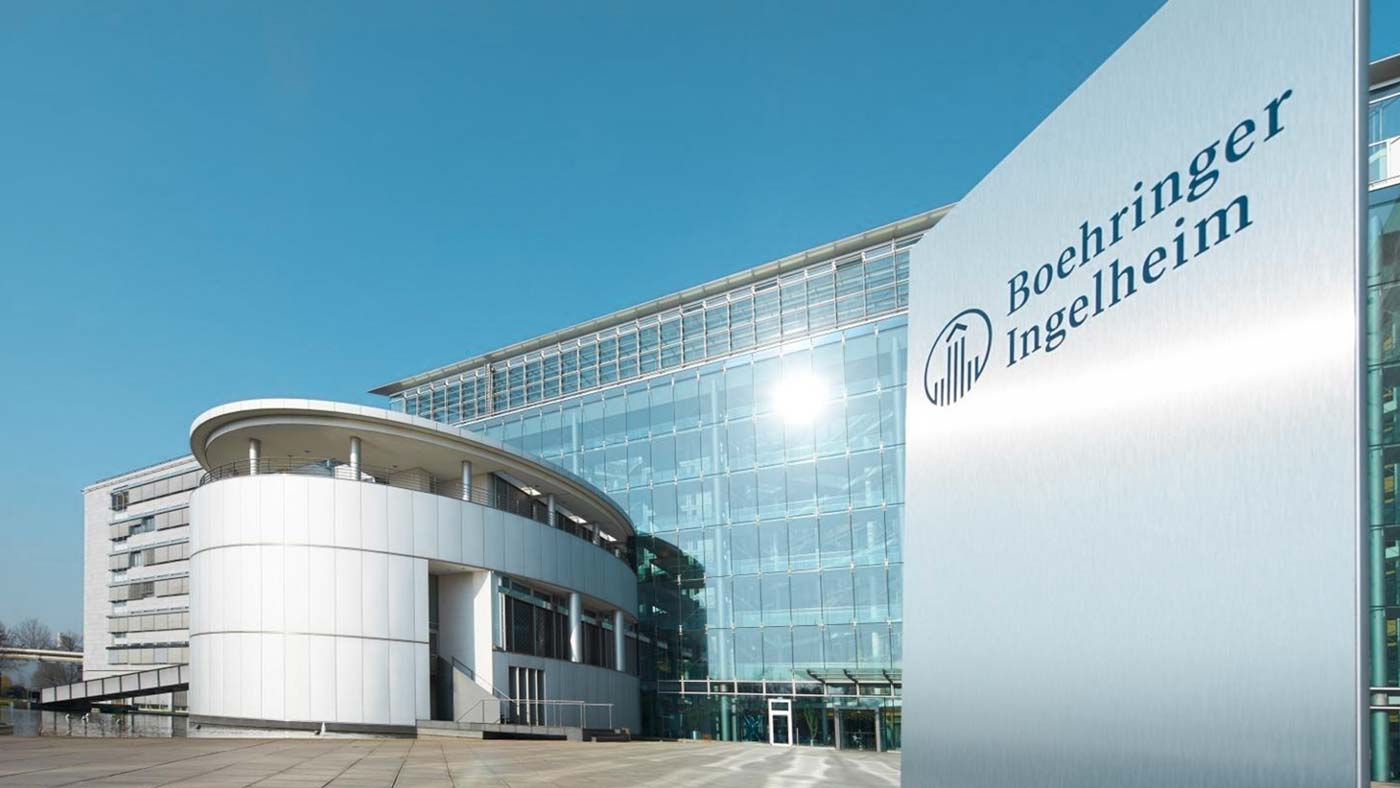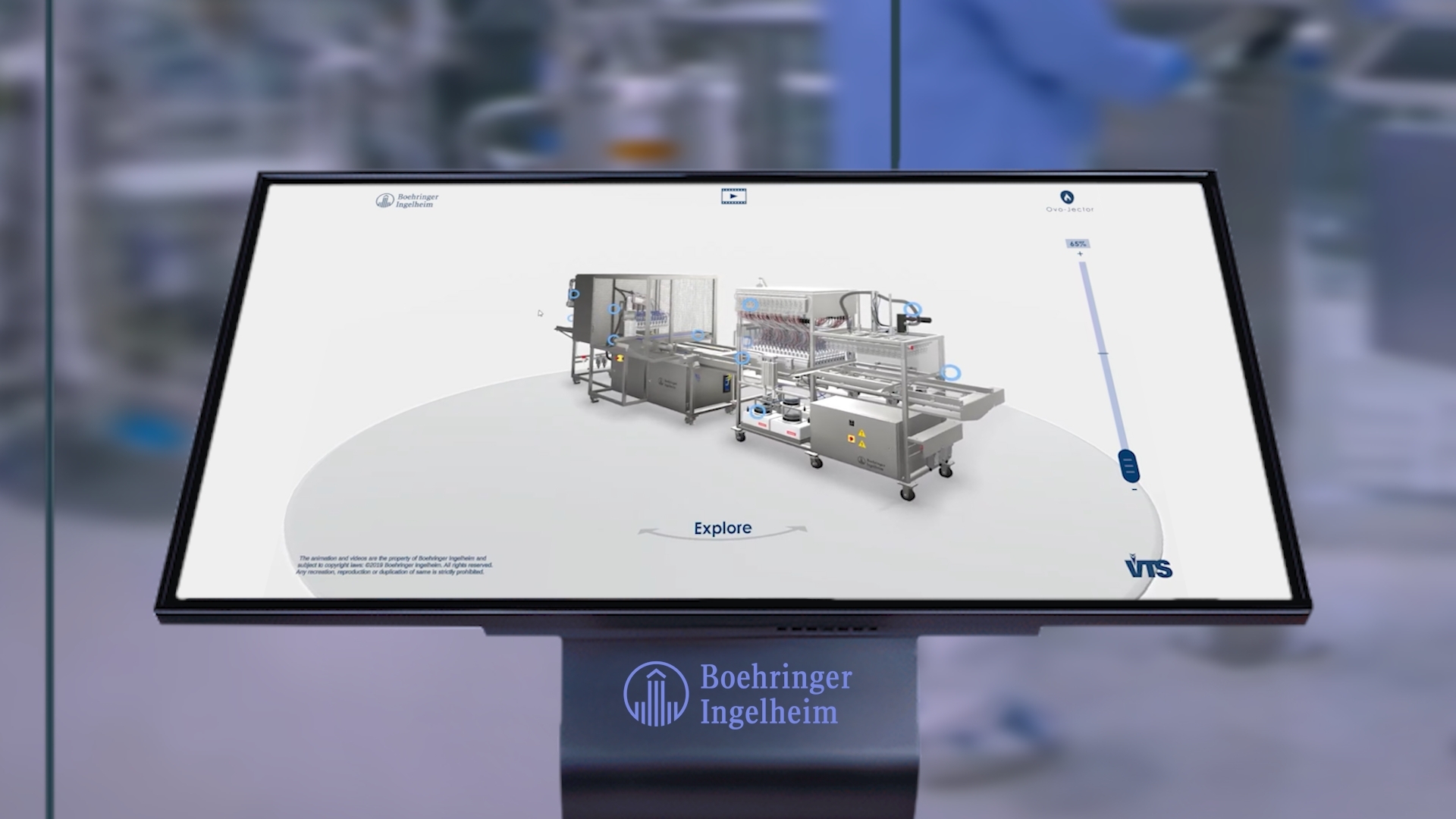Main benefits and uses of Artificial Intelligence in health care
Faster diagnostics, personalized treatments, assisted surgeries or virtual assistants trained with veridical sources are some of the main uses of Artificial Intelligence in the healthcare field. From medical research to patient care, AI is optimizing every aspect of medicine, redefining the future of healthcare.
In this article, we will discover the most impactful benefits of AI in healthcare, its most innovative applications and real-world examples of how companies such as Imascono are using this technology to revolutionize medical training and the patient experience. If you want to discover how AI is making a difference in medicine, read on and dive into the future of healthcare.
Relevance of Artificial Intelligence in the Healthcare Sector
Imagine being able to develop a tool or system that enhances all your knowledge and skills. That allows you to analyze a larger volume of datathat allows you to be much faster diagnostics, to attend the consultations of a larger number of patientshelp you to retain information much more easily. That's where Artificial Intelligence is really adding value in the healthcare sector.
Whether in the field of human medicine, dentistry, veterinary medicine or pharmaceuticals, Artificial Intelligence is impacting training, diagnosis and patient care, facilitating the work of healthcare professionals. Demonstrating its relevance as a key tool in the evolution of the health sector.
You may be interested in → Virtual Reality and medicine: applications in the healthcare sector
Most outstanding benefits of Artificial Intelligence in healthcare
AI is ushering in a new era in the healthcare sector, offering benefits that not only improve medical care, but also transform the healthcare model as we know it.
Below, we explore some of the main benefits.
Faster and more accurate diagnosis
AI is revolutionizing diagnostic methods by enabling faster and more accurate processing of results. Advanced algorithms can analyze medical images, such as X-rays and MRI scans, with impressive accuracy.
This not only reduces the margin of error, but also enables detecting diseases in their early stages, when treatment is most effective. By improving the accuracy and speed of diagnoses, AI optimizes physicians' time and ensures that patients receive appropriate care.
Speeds up investigation times
Medical research is crucial to advancing treatments and cures, but it can be a long and costly process. AI is accelerating this process by analyzing large amounts of data in a fast and efficient manneridentifying possible areas of investigation and patterns that may have gone unnoticed.
Thanks to Artificial Intelligence in mental health, among other sectors, medical research is taking faster strides into the future, which could transform the way we approach diseases in the coming years.
Improved follow-up of chronic patients
Patients with chronic diseases require constant monitoring to manage their conditions effectively. AI enhances this monitoring through the use of connected devices that collect data in real time on each patient.
Through this data, AI systems in the healthcare sector can identify patterns and alert clinicians to any changes that may require immediate attention. This facilitates a continuous care and helps prevent complications, improving the quality of life of patients.
An example of a successful case of the use of technology in the field of patient diagnosis and follow-up can be found at ApeTest. A webapp for the detection of ADD cases in children and adolescents developed by APE Foundation.. The clinical questionnaire is gamified, changing the context, to adapt to the digital and video game ecosystem.
Find out how Imascono can help you to develop your projects through our technology services in the health sector.
Applications of Artificial Intelligence in health care
Artificial Intelligence and the technologies known as "smart" and "smart" technologies are Extended Reality (VR/AR) are transforming clinical practice with innovative applications both at the level of patient experiences and actions for health professionals themselves.
In this section, we would like to focus on some of the most important main applications of Artificial Intelligence in healthcare.
Disease detection and diagnosis
One of the most impactful uses of AI in healthcare is its ability to detect disease more quickly and accurately. Advanced algorithms can analyze large volumes of clinical data and recognize patterns that may go unnoticed by specialists.
This allows the early detection of diseases such as cancer, diabetes or neurological disorders, facilitating more timely treatment.
Personalized treatment
Every patient is unique, and AI is helping medicine adapt to this reality. Thanks to its ability to analyze medical history, genetic data and other factors, systems can predict which treatments will be most effective for each person. This not only improves patient outcomes, but also reduces side effects and optimizes medication use.
Application in medical imaging
Artificial Intelligence has also brought a new way of analyzing medical images, improving the interpretation of X-rays, MRIs and CT scans. Computer vision algorithms can detect abnormalities with surprising accuracy, helping radiologists identify diseases in their early stages. This speeds up diagnostics, reduces the margin of error and improves process efficiency..
AI-assisted robotic surgery
Assisted robotics is taking surgery to a whole new level. Surgical robots, controlled by physicians and powered by AI, allow procedures to be performed with millimetric precision, reducing risks and improving patient recovery. In addition, it can be obtained in real time during the operation, providing key information to make better decisions. This translates into less invasive surgeries, shorter hospitalization times and better postoperative outcomes.
Find out more about technology in the healthcare sector in the article Potential of Augmented Reality in medicine.
Drug development
Creating new drugs is a process that can take years and require a large investment. AI is accelerating this stage by analyze and predict which chemical compounds have the greatest therapeutic potential. It also helps optimize clinical trials, identifying the right patients and reducing development times. This means that treatments can reach the market much faster, benefiting millions of people.
An example of the use of technology in the creation of new drugs and their formation can be found in the Virtual Reality project developed by Boehringer Ingelheim. Through the VR experience, the pharmaceutical company trains healthcare professionals from around the world in the process of preparing their latest drug. Streamlining training times and optimizing the use of the product intended for this purpose.
Artificial Intelligence in healthcare: outstanding examples
The integration of Artificial Intelligence and other technological advances in the healthcare sector has given rise to innovative projects transforming the way we understand and practice medicine. Here are three outstanding initiatives developed by Imascono.
Virtual Experience Veterinary: university training
Hands-on training is essential in veterinary education; however, safety protocols and sanitary restrictions can limit access to real-world environments. To overcome this challenge, Boehringer Ingelheim and the USDA Scholars Application, have developed Virtual Experience Veterinary.
This Virtual Reality experience allows students to tour a U.S. poultry farm, learning and applying safety and diagnostic protocols in a virtual environment. This innovative solution eliminates physical barriers, offering gamified training that enriches learning and prepares future veterinarians for real-life situations.
Certest: virtualization of biotechnology facilities
Certest is one of the fastest growing biotechnology companies in Europe. In recent years, it has been involved in a process of transformation. Inaugurating new buildings and research centers; an expansion that is made tangible through the virtual twin of Certest's facilities. A large-scale vision of the space that allows to put in value all these years of growth and transformation of the company. Whose information and data is updated in real time through its customized CMS.
OVO Xtractor: innovation in poultry machinery
The poultry industry demands innovation, precision and safety. That is why, Boehringer Ingelheim presents Ovo Xtractor Touch Screena revolutionary solution for understanding poultry machine operation and its in ovo vaccination process without the need to physically see it.
If you found it interesting how the Artificial Intelligence is revolutionizing the healthcare sectorIf you would like to learn about some examples of technological innovation in this field, Imascono is ready to help you. We are specialists in digital innovation and immersive experiences.
Contact us at y Let's work together to create disruptive solutions that make a difference in the future of healthcare.




